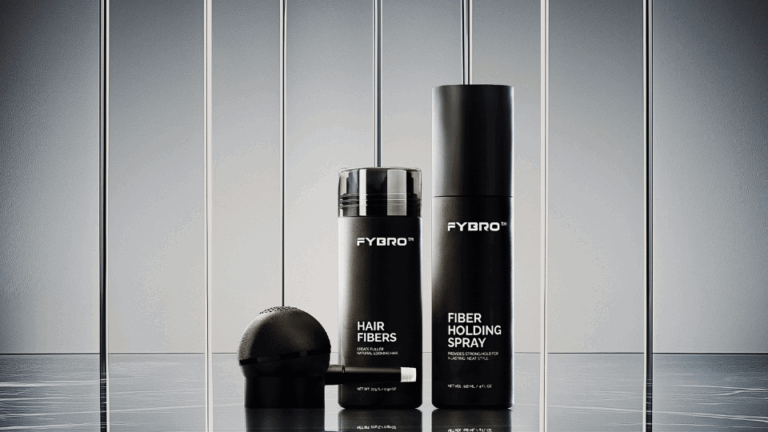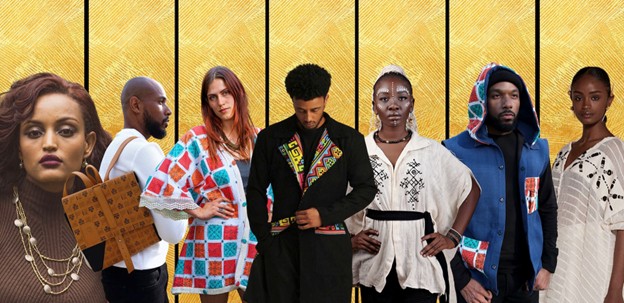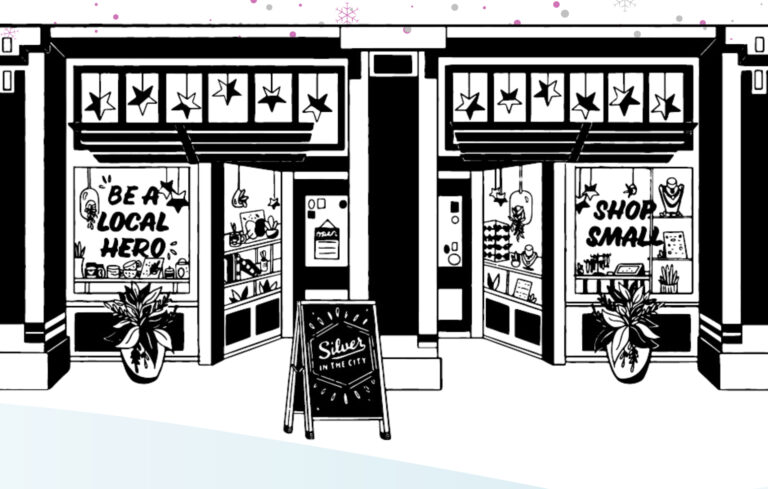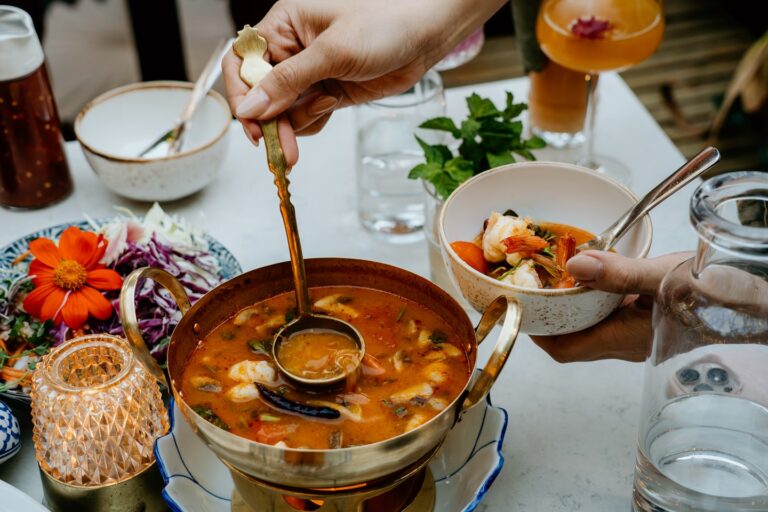Pure-trition, a Black- and woman-owned juice and smoothie bar, specializes in organic, plant-based beverages and snacks delivered “right to your doorstep.”
Founded by Aleta Osborn, the company’s motto is “Pure-trition isn’t just a product. It’s a way of living.” The business took off in 2018 as an online meal-prep and delivery business before opening a brick-and-mortar in 2023.
“We provide you with access to delicious organic food and beverage options that have been created with your tastebuds in mind so you can feel empowered and excited to take charge of your health,” the website states. “Every ingredient that goes into our products has been through a careful selection of the highest-quality fresh local and organic produce.”
READ MORE: Minority Business Highlight: FyBro
Pure-trition makes an effort to provide customers with access to organic food and beverage options to feel “empowered” to take charge of their own health. Osborn, a certified health coach and culinary nutrition expert, started her business to support members of her community on their health journeys, including weight loss and blood pressure control, according to the website.
Pure-trition is dedicated to meeting clients “where they are” and offers a variety of food and drink options — such as acai bowls, bliss balls, cold-pressed juices, detox water, overnight oats, pure-juice packages, salads, smoothies and more.
Pure-trition is based at 1957 N. College Ave and provides delivery services to the Indianapolis area. For more information or to place an order, visit pure-trition.com or call 317-775-2655.
Contact Arts & Culture Reporter Chloe McGowan at 317-762-7848. Follow her on X @chloe_mcgowanxx. If you would like your business highlighted by the Indiana Minority Business Magazine, click here.















